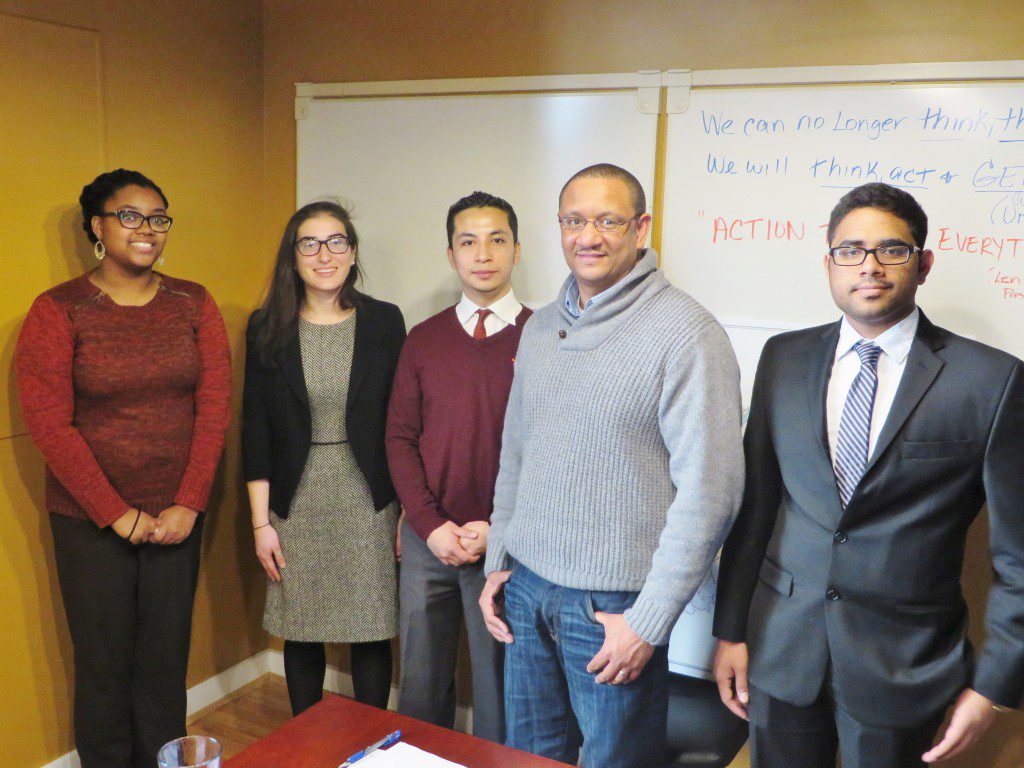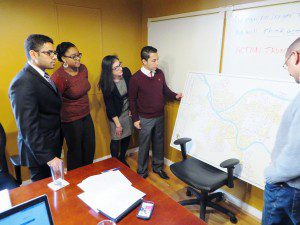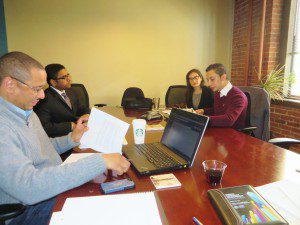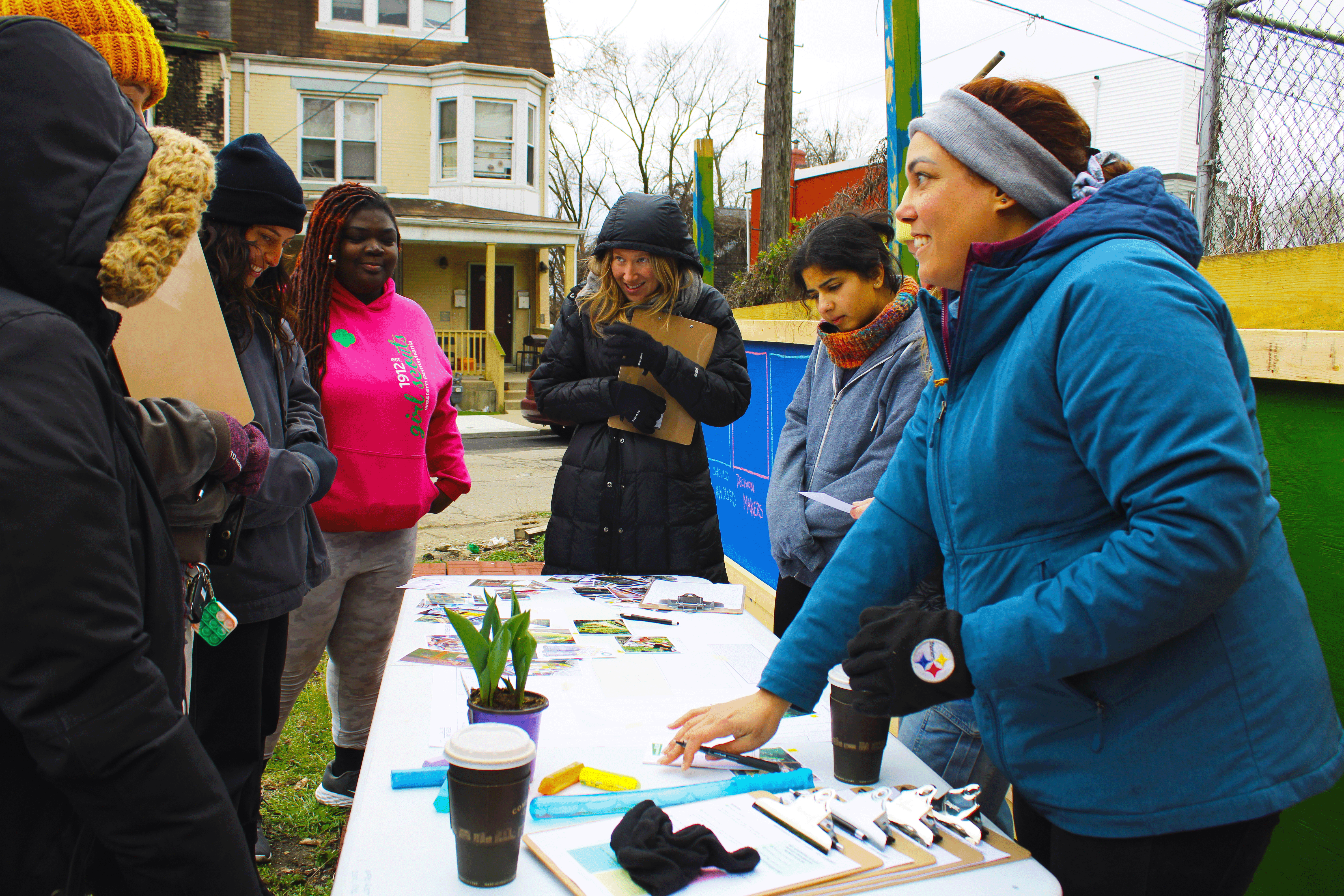Neighborhood Allies is excited to engage Carnegie Mellon University (CMU) graduate students to develop an algorithm that will measure levels of hope within the vulnerable neighborhoods we serve.

HOPE Project Team: Doni Crawford, Sahar Momand, Camilo Cruz, Shad Henderson, Kautilya Nalubol
We believe that HOPE is a key driver of behavior and decisions, both financially and socially. Additionally the lack of hope can be especially harmful in our most vulnerable neighborhoods.
“There is a big difference between thinking that one is broke vs poor; broke is a temporary moment in time, but feeling poor represents lack of choices, options and dignity. It represents despair and a disconnection from society. Hope can change everything, particularly for our youth.” –Presley Gillespie, President, Neighborhood Allies
Assessing and measuring levels of hope and developing ways to raise it can be extremely valuable to any community development undertaking, and can help inform grant making and investment decisions. Our point of view is that increased levels of hope can be a powerful means to transform neighborhoods by bolstering residents’ imagination, self-confidence and resilience to improve their community and themselves. Hope has the ability to increase the belief in individuals that the action they take now will actually make a positive impact in the future.
community development undertaking, and can help inform grant making and investment decisions. Our point of view is that increased levels of hope can be a powerful means to transform neighborhoods by bolstering residents’ imagination, self-confidence and resilience to improve their community and themselves. Hope has the ability to increase the belief in individuals that the action they take now will actually make a positive impact in the future.
The Hope project team consists of Neighborhood Allies’ staff and graduate students from CMU’s Schools of Computer Science and Public Policy. The  Hope algorithm will be developed from analysis of data and by identifying variables that constitute hope. The project will produce a preliminary hope measurement tool, provide practical means for its application and recommend partners that can help propel future phases of this technology.
Hope algorithm will be developed from analysis of data and by identifying variables that constitute hope. The project will produce a preliminary hope measurement tool, provide practical means for its application and recommend partners that can help propel future phases of this technology.
In our role as an intermediary, we foster collaborative projects with universities, philanthropy, government, investors and others to creatively and meaningfully address the needs of our neighborhoods. Additionally, we want to operate in a manner that cultivates hope for positive community change among all residents of Pittsburgh.
Stay tuned as this dynamic project unfolds and feel free to contact us with your ideas on how this project can grow!
CMU Student Team:
-
Camilo Cruz, School of Computer Science
-
Sahar Momand, Public Policy and Management
-
Kautilya Nalubol, Public Policy and Management

